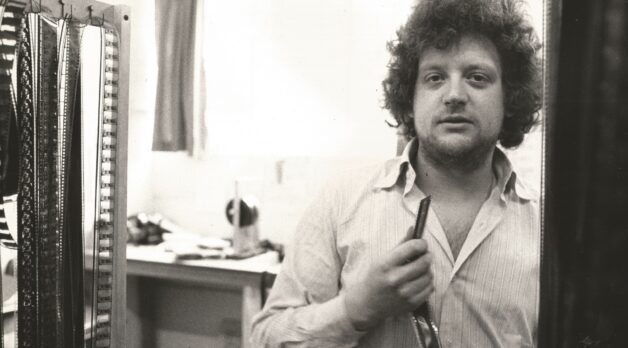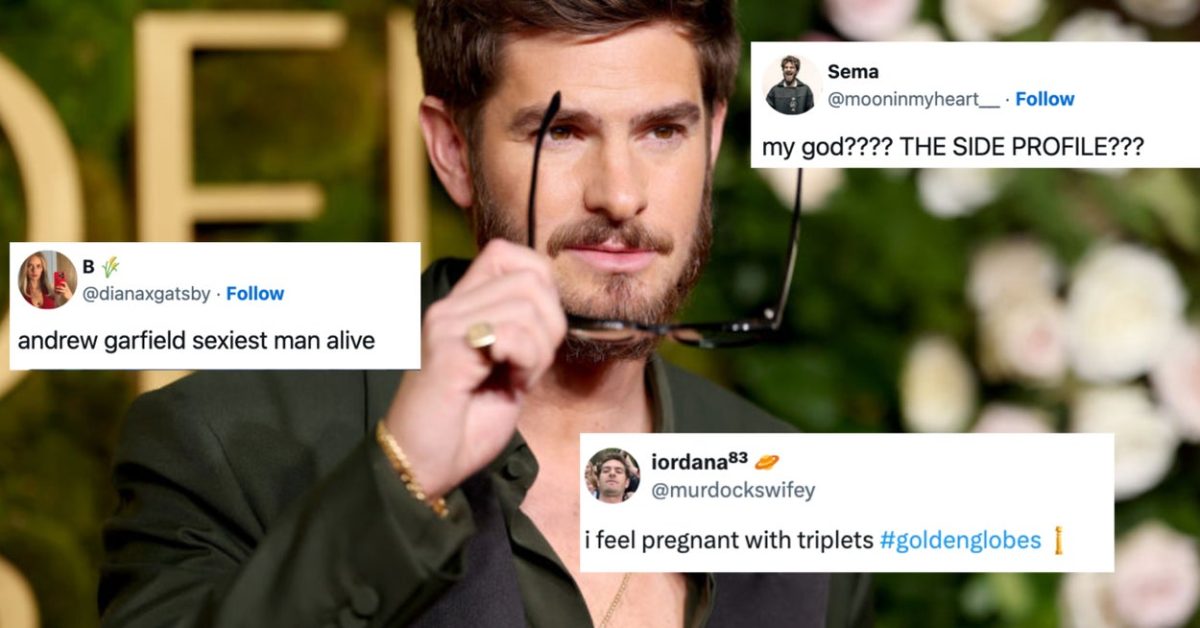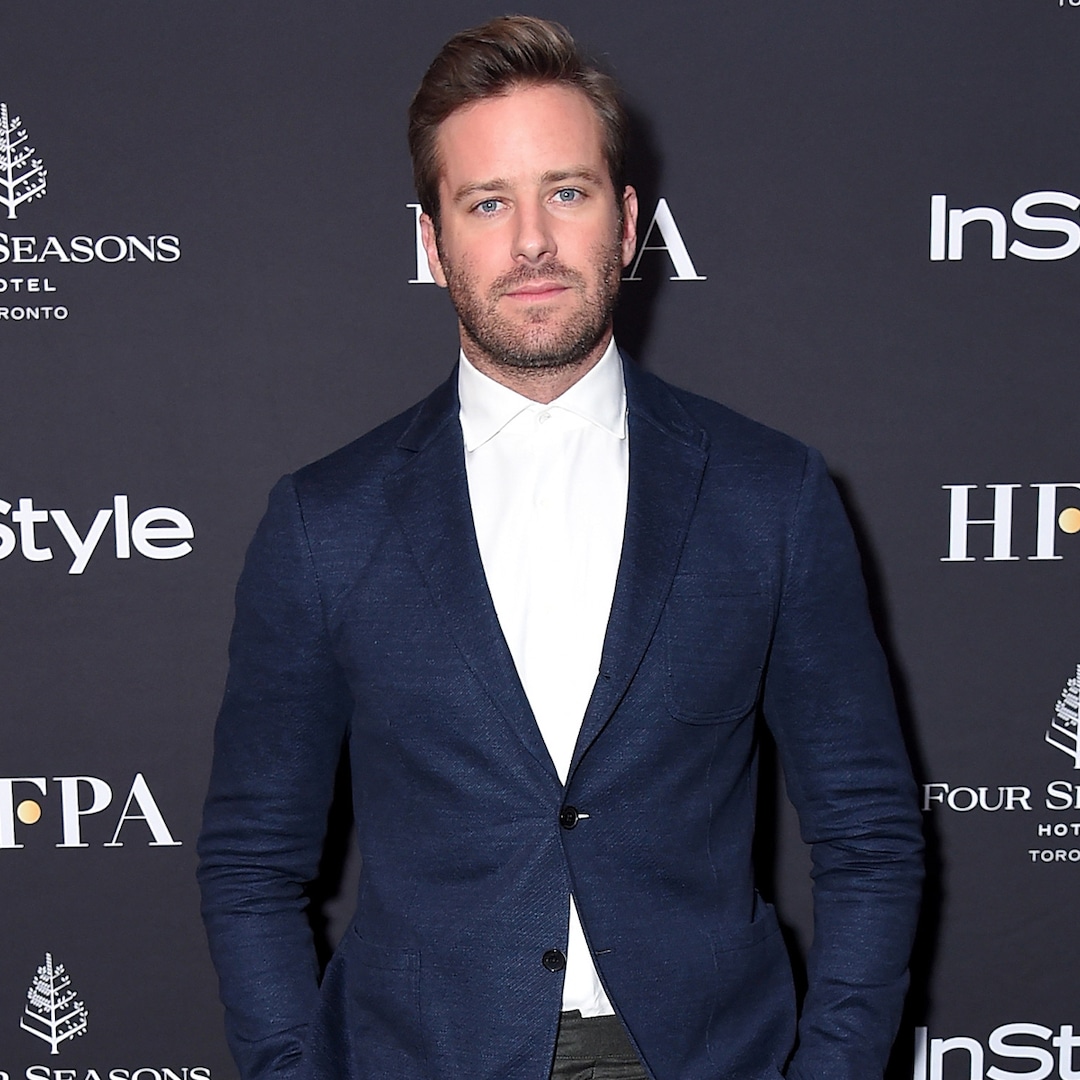
“You Have to Mutate or Die in this Business”: Jeremy Thomas on a Career Producing Challenging Cinema
Oct 2, 2023
At a small gathering recently at New York’s Posterati in honor of Jeremy Thomas, the legendary producer sat surrounded by international posters of the classic films he’s made over the course of his nearly 60-year career. Nodding at one for David Cronenberg’s Crash, I tell him how much I love the film, whose Criterion re-release Joanne McNeil recently wrote about for Filmmaker. “You couldn’t make it today,” Thomas leans over to say to me. I know he’s right, but why exactly? Business reasons, cultural ones, or a confluence of the two? “Every reason,” he tells me the next day as we pick up our conversation over Zoom. “I mean, they regulate these books now, pull them out of libraries. And in civilized countries!”
“J.G. Ballard is one of my favorite authors,” Thomas continues. “He was a very moral man, who had a wild mind about things. He was a futurologist, and he was prepared to places in his literature, as does Cronenberg with his cinema, that [other] people are not prepared to go.” Thomas goes on to use his collaborations with Cronenberg, on Crash and Naked Lunch, to describe to me his process of developing work as identifying a series of alignments — between his own sensibility, the director, the material, and ultimately his vision of the business and cultural landscape the films will arrive in.
More often than not, that landscape has been a countercultural one. “I like the counterculture,” Thomas says in Mark Cousins’s The Storms of Jeremy Thomas. In the documentary, the English-born, Northern Irish director (The Story of Film: An Odyssey) rides shotgun with Thomas on his yearly vehicular pilgrimage to the Cannes Film Festival, combining this footage with voiceover interviews and then building clip montages from his ruminative replies. Although the figure of producer, as Thomas notes in our interview below, is often stereotyped as a purely business type, Cousins primarily draws Thomas as an artistic force and radical signifier, a characterization that gains force from the clips he’s chosen from Thomas productions: among them, Crash, Naked Lunch, Merry Christmas, Mr. Lawrence, Bad Timing, Sexy Beast, The Shout and the Oscar Best Picture-winning The Last Emperor, for which Thomas strode up on the Academy stage alone, a rare occurrence these days when so many names crowd the producer title card.
As a producer myself, it’s hard not to view the depiction found within The Storms of Jeremy Thomas in historical terms, as the bulk of Thomas’s career has occurred during a time when the term “arthouse” connoted both a place for non-mainstream cinema as well as a specific business model enabling the production of that same cinema. In other words, it was a different time in the movie business. But Cousins also captures the less time-bound je ne sais quoi of personality that has enabled Thomas to weather the film’s eponymous storms over the years. In the picture, Tilda Swinton, who stars in the Thomas-produced Only Lovers Left Alive, calls Thomas “a dream producer” and “so rock and roll” before relaying the type of effortless manner that will serve any producer well after a rough shoot day. On such a day, Swinton remembers, Thomas will simply listen to the various complaints before saying, “‘Yes darling, that’s the way it goes, have another glass and tomorrow is another day.’”
Following a retrospective of Thomas’s work, The Storms of Jeremy Thomas is currently still playing at New York’s Quad Cinema while it opens at other theaters around the country.
Filmmaker: In his documentary, Mark Cousins connects you — your character, identity and beliefs — to the films you’ve produced, and in his montages he uses specific shots to do this. What was your reaction when you saw his film, and do you see the same connections between the films you’ve produced and your life as he did?
Thomas: Well, it’s completely Mark’s work. I was just the subject and had nothing to do with making of the film. I don’t have much vanity, so I could look at myself looking like that — old and with white hair — and once I got over that, well, you don’t really know what you say, do you? I mean, you give these Q&As, but you never talk like that in life. You’re not sitting down with people saying, “I did this, and I did that.” But we’re very fortunate to have lived our careers at a time [depicted in the documentary.] Now it’s something else, producing films. I’m sure it’s going to be reinvented. I want to be optimistic, but right now we’re in a sort of challenged moment.
Filmmaker: What aspect of the film business or the film culture do you think needs to be reinvented?
Thomas: Well, it’s really the exhibition and the reward from the exhibition, whether that’s to the people who made [the films], the artists, or the people who put money into the making of them. The delivery system of the film business has changed, and the money delivery system has changed as well. When I started making my films, more than 55 years ago, you used to make money in the cinemas. I’d go and see my films open and there would be a thousand people waiting to go see them. And the box-office receipts meant you could recoup all your money back in the cinemas, maybe. Then you had VHS, DVD income, television and syndication. That altogether gave blue skies to you, your investors, your actors, your directors. You could be an independent filmmaker because you were offering with yourself a risk/reward blue sky situation of being able to pay back your investors and collaborators and go and do the next film. That was independent film business as we knew it. That’s not my life anymore because we don’t make any money from the cinemas. There are less cinemas — the pandemic has hammered that home strongly — and there’s no DVD income unless [from] nerds collecting from Criterion Collection. There’s only one place to get the money back, and now we’ve got a strike. It’s not easy now to be entrepreneurial with independent cinema. But there are plenty of places to watch it. There are the wonderful Criterion Collection and MUBI, and then the nether regions of the streaming platforms, which contain incredible stuff.
Filmmaker: Are you talking about piracy now?
Thomas: No, I don’t care about piracy. If a film is pirated, it’s going to be a hit. When there is heavy pirating there, it’s like, “Thank God, they wanna see it.” Of course, try and take it down, but it’s a sort of backhanded compliment that people want to pirate your films.
Filmmaker: So you’re talking about the decline of cinemas and then, I guess, the, territorial sales model versus a kind of streamer-produced all rights model. Could you talk more about the changes you’ve seen in your lifetime around how film financing has been put together?
Thomas: Well, as John Boorman said in Projections magazine, “Money into light.” That’s a reality. You have to find money from multiple sources, and the end users — independent film distributors worldwide, nowadays — in the majority of cases don’t help you complete your financing. You’ve got a gap. You might have some blue sky at the end because you’ve got multiple end users with fair accounting who might give you overages. Or else you have to try and find somebody who’s going to buy it and take you and your partners’s stake, and then you realize there’s no blue sky. You know what I’m saying — blue sky, the potential of having a reward later for your work if it’s been successful? That’s a nice feeling, and it’s what has sustained my business. I managed to hold onto my titles because I set them up privately. The ones that were successful supported the continuation of my development and production work.
Maybe I haven’t managed to conquer the independent cinema in the digital age like I did in the age of cinemas, where you then tuned up the campaign for the VHS or DVD release. You changed the marketing when you understood who was seeing the film. You were smart with your films, putting them in the right cinema houses in the right areas. The personal touch of wanting to go to the movie house to commune with others in a darkened room, a dangerous space that was not your safe sofa. I still think that is a pretty optimum situation to watch a movie, and I’m hoping it can be reinvented and sustained in some way.
Of course, now there’s Barbie and Oppenheimer, but I’m talking here about independent film. I think, can I make a great film, and get a decent sized audience, and make it at a cost that will reflect the number of people who will see it. But I’ve never looked for blockbusters. That idea is not in my DNA. I’m looking for something which is fascinating and that I think others will find fascinating because it’s made by a filmmaker who can pull it off in a brilliant way. As a producer, you use your taste, which you’ve developed over the years, to choose what to work on. Rather than being commissioned by an editorial board of some other company to make something for them. I’m not really interested in that. Working with Cronenberg, Oshima and others I’ve worked with the alignments have been cultural first, and then business, because the business is necessary. Money into light.
Filmmaker: In the documentary Tilda Swinton calls you a pirate, and that you position your pirate status as a position of “strength, honor and duty.” What does it mean to be a pirate as a producer today, perhaps? Or, how do you take in what she said?
Thomas: I mean, I’m flattered by it, but I don’t know whether it’s a good thing to project to people. (laughing) But every time we go and get money for films, we’re setting out on the high seas. I used to feel I had the treasure map of the movie business in my back pocket. I was prepared to travel in the pre-digital age, to go to Tokyo, Singapore, Los Angeles, Chicago, New York, Mexico and Brazil, to find resources. To live there for a few weeks and find the right people to deal with. Sometimes I had somebody like Bernardo [Bertolucci] or other directors who helped me do that by their personalities.
Filmmaker: In the US there’s been recently an attempt by a group of independent producers to set up a producer’s union. If the producer is a sort of pirate figure who stands outside, can the producer also have the kinds of securities and protections that maybe another sort of film worker can have?
Thomas: I think we should have some protections. We’re not scoundrels. Maybe the people that control us are a bunch of scoundrels, but we’re not a bunch of scoundrels. We’re a very hardworking group who are trying to make films. Producers get a bad rap. The producer is a figure of fun in the movies — the guy with the bag of money or generally being a bad sort. But no films exist without the producer. And now the producer is not the producer of old, he’s a manufacturer for others because he has no contact with his product afterwards. He makes the soap, and then he sells the soap for profit, and then it’s used up and he never sees it again. For this series at the Quad, I restored most of those films myself. [These films] are still projected in cinemas around the world at festivals, and we get income from those [screenings], which continues the process of developing new films.
Filmmaker: Is there a white whale, something that you wanted to make that you at this point you still haven’t been able to make?
Thomas: Oh, there are quite a few films that I want to make. I’m always dreaming of making new films. I’m going to make new films as long as I can. If you’re making a film, it’s better than work. It’s a wonderful life when it’s going well. And it can be frustrating when you’re unable to. Each film is a new thing, and some of them are easier than others. [Making] our type of cinema in this moment is a challenge, but I’m sure we’re going to find a way. I never want to give a [negative] impression. It’s just, you have to mutate or die in this business.
Publisher: Source link
Aubrey Plaza Issues Statement After Jeff Baena’s Death
The 40-year-old star and Jeff’s family issued a statement to People on Monday, where they called their loss an “unimaginable tragedy.”The Los Angeles County coroner’s office previously determined that Jeff died by suicide in his LA home. He was 47…
Jan 10, 2025
Jill Duggar’s Husband Clarifies Where He Stands With Jim Bob Duggar
Jessa Duggar (m. Ben Seewald)Jim Bob and Michelle's fifth child, Jessa Duggar, was born Nov. 4, 1992. Jessa met Ben through church and he began courting her in 2013—the old-fashioned approach to romance coming as a brand-new notion to a lot…
Jan 10, 2025
The Internet Has Officially Lost It Over Andrew Garfield's Slutty Glasses
That man knew exactly what he was doing with those glasses.View Entire Post › Disclaimer: This story is auto-aggregated by a computer program and has not been created or edited by filmibee.Publisher: Source link
Jan 9, 2025
Armie Hammer Lands First Movie Role Since Cannibalism Allegations
Armie Hammer Cameos As “Kannibal Ken” in Music Video 4 Years After Cannibalism ClaimsArmie Hammer is heading back to the big screen. More than one year after the Los Angeles Police Department ended their lengthy investigation into the Call Me…
Jan 9, 2025











